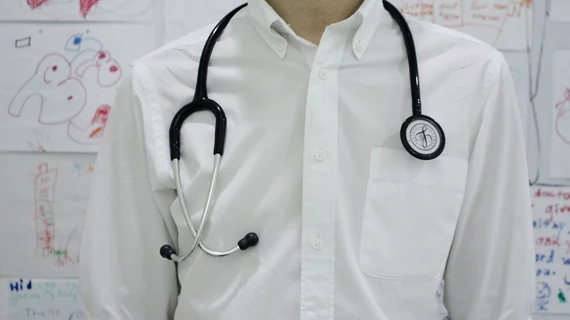AI continues to wow healthcare watchers with sharp guidance on clinical decisionmaking, accurate aids to risk assessment and bankable workflow efficiencies. But healthcare was, is and always will be about “human-to-human relationships, trust and healing.”
So maintains Stevin Lin, MD, Stanford Medicine’s vice chief for technology innovation in primary care and population health.
Lin takes questions from Stanford’s news division in a Q&A session posted online May 28. Along the way, he suggests numerous pathways along which AI is likely to revitalize healthcare without displacing healthcare workers.
Here are three:
1. AI will boost physicians’ wellness and job satisfaction. “Automating repetitive tasks that are suffocating physicians and their practices is one of the most anticipated applications of AI,” Lin says.
2. AI won’t just improve patient care—it will also help ensure optimal outcomes. “In many regions of the world that lack access to specialty care,” Lin notes, “AI-powered tools in the hands of primary care physicians could provide significant, if not lifesaving, benefits to patients.”
3. AI will help cut unnecessary healthcare spending. “In the United States, hospital costs for potentially preventable conditions account for 1 in every 10 dollars of total hospital expenditures,” Lin says. “This means that millions of hospital stays and up to $100 billion a year might be prevented with better risk prediction and interventions in the primary care setting with AI.”
Read the whole Q&A from which these points were drawn:

